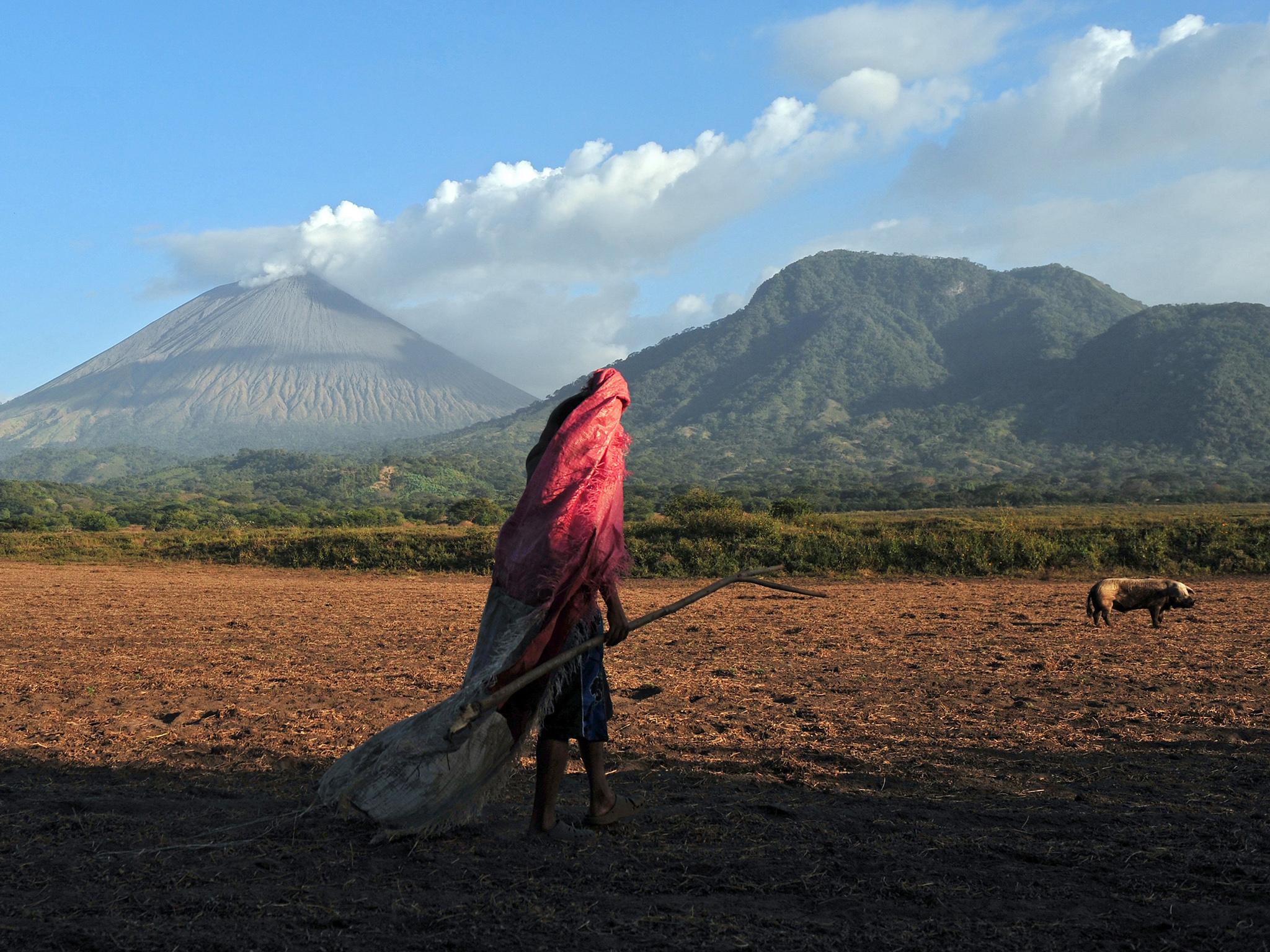USA and Syria become only two countries not in Paris Agreement after Nicaragua signs deal

Nicaragua has reportedly signed the Paris climate change agreement, leaving Syria and the US as the only two nations yet to add their names to the pact after Donald Trump's decision to withdraw.
The government said the 2015 deal - which aims to reduce greenhouse gases to try and prevent a global temperature rise of more than two degrees - represented “the only international instrument that offers the conditions to face global warming and its effects,” according to a statement read out by Vice President Rosario Murillo.
Nicaragua's President Daniel Ortega had signalled last week that his country would sign the deal soon, but did not say when. Nicaragua's government had initially refused to sign on to the accord, saying that the deal did not require enough sacrifices by wealthy nations and did not go far enough in its goals.
The move had seemingly been in the works for some time, with newspaper El Nuevo Diario reported that Mr Ortega said back in September that: “We will soon adhere, we will sign the Paris Agreement. We have already had meetings addressing the issue and we have already programmed the accession.”
Nicaragua has been a haven for renewable energy - more than half of the nation's energy comes from geothermic, wind, solar, and wave energy. They plan on increasing that to a 90 per cent share by 2020.
The World Bank called it a “a renewable energy paradise” in 2013.
The signing of the deal by Nicaragua means that the US is further isolated after Mr Trump's decison withdraw and widespread criticism by other world leaders he faced as a result.
Mr Trump said the Paris Agreement, put into action for the US by an executive order signed by former President Barack Obama, put American workers in the coal, steel, and other manufacturing industries at an economic disadvantage.
Join our commenting forum
Join thought-provoking conversations, follow other Independent readers and see their replies
Comments
Bookmark popover
Removed from bookmarks